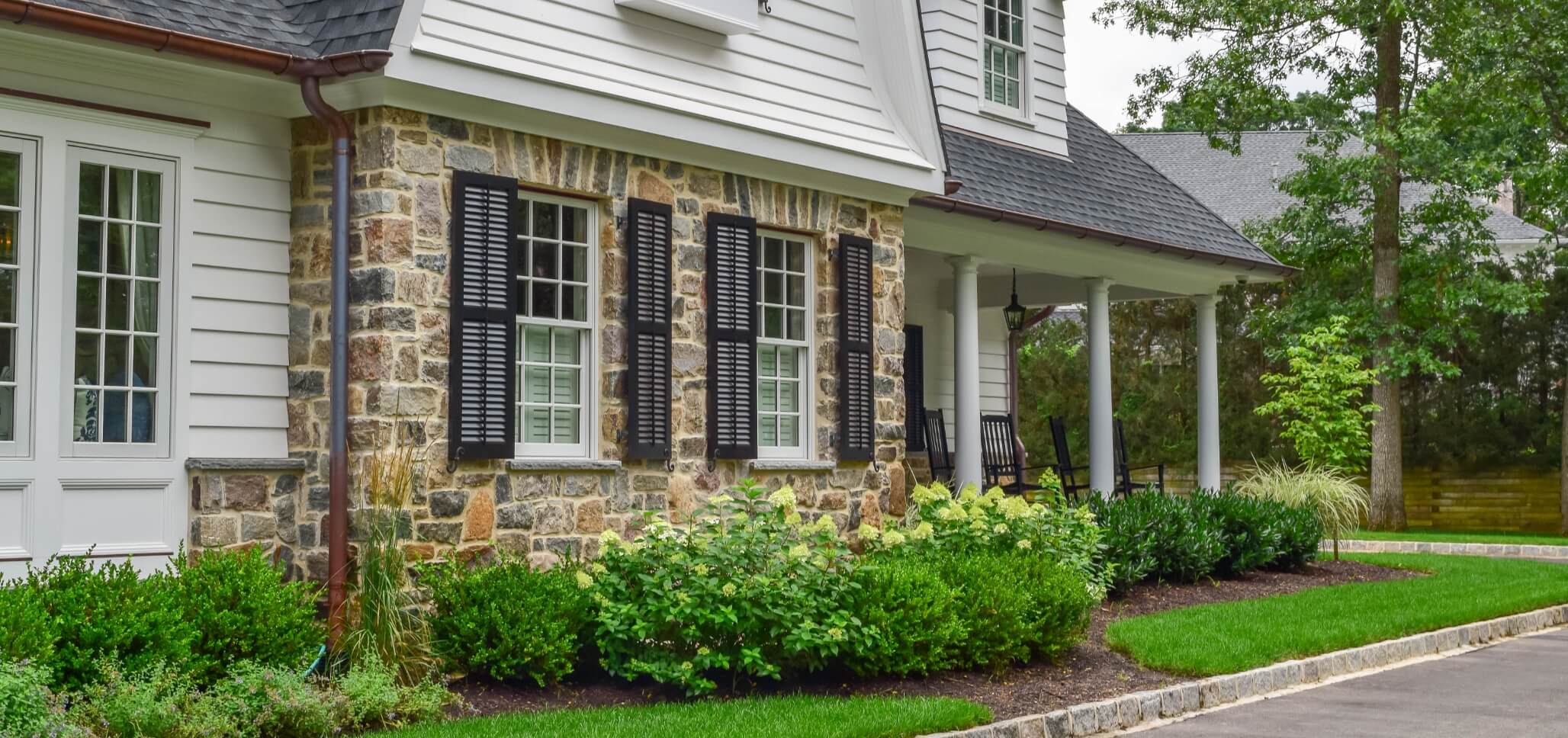It’s important to explore the underlying causes of unhealthy soil and the materials that can be used to improve growing conditions. Materials such as, agricultural limestone and pelletized lime, can help to raise pH levels, improve the soil’s moisture retention and replenish the earth with nutrients for plant life.
While both products are effective, though, many people find themselves wondering about the actual differences between agricultural limestone and pelletized lime. To clear up any questions you may have we’ve put together a comparison of the two.
Symptoms of Acidic Soil Levels
There are very common signs that indicate your soil is acidic. If you’ve encountered nutrient-deprived crops, ineffective weed control products and unhealthy lawns, these are all symptoms of high acidic soil levels. It’s important to realize these symptoms so that you can correct the acidity and get things back to normal. In order to properly balance the soil’s pH levels, the use of lime products are mandatory.
Agricultural Limestone vs. Pelletized Lime: Uses, Benefits and Cost
Aglime
After ongoing exposure to fertilizers and the continuous planting and growth of crops, soil tends to grow acidic and lose valuable nutrients. This reduces the nutritional value of crops, and can make them unsafe for consumption. Agricultural lime counteracts these problems and restores the soil to optimal plant growing conditions.
Although it may take up to a year before the full effect of aglime is realized, positive results can be measured within the soil in a matter of weeks – especially in cases where the earth is very acidic. To receive the full benefit of the material, aglime must be evenly spread across the entire surface of the soil, before being tilled and finally plowed into the earth.
Aglime should be applied when wind speeds are low, as it tends to be dusty, and it’s most effective in moist conditions. Agricultural lime is often selected for farm fields where ongoing crop growth is essential, as the material is long-lasting and extremely efficient in terms of restoring health and balance to the soil.
In areas where lime is prevalent and is regularly mined, aglime is extremely affordable. When manufactured and purchased locally from a direct supplier or quarry, it is actually one of the most cost-effective means of balancing soil pH levels.
Pelletized Lime
Pelletized lime is developed through the process of granulating finely ground aglime. These small, fine particles are then bonded together with lignosulfonates (typically 9% of the finished product contains these lignosulfonates). As in the case of aglime, pelletized lime is used to raise the pH levels of soil, in order to accommodate plant life.
One advantage of pelletized lime is that less material is required to balance the soil than traditional aglime (at a ratio difference of 1:10). The product is quite easy to distribute across the surface of the soil, and doesn’t need to be tilled into the earth.
An application of 1 inch of water should be applied on top of the pelletized lime to allow it to filter into the ground and to avoid burning the land.
Finally, palletized lime is not dusty like aglime. All of these factors make the product desirable for homeowners who want to improve the health of their lawns or gardens without being required to utilize specific tools or equipment.
Although less material is required when using pelletized lime, it should be noted that the product is more expensive than aglime.
Agricultural Limestone vs. Pelletized Lime: Which Should You Choose?
When considering agricultural limestone vs. pelletized lime, three factors are key: need, ability and budget. Studies have shown that aglime and pelletized are equally effective and begin working in a similar timeframe, but because pelletized lime is more expensive, it’s not practical for farmers to use in larger fields.
Aglime, however, requires more work and equipment than pelletized lime, making the latter more practical for homeowners.
Which product will be best for you will ultimately depend on which one fits your need best.
Our core delivery areas for agricultural limestone include NJ, NY and Eastern PA.
